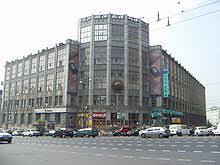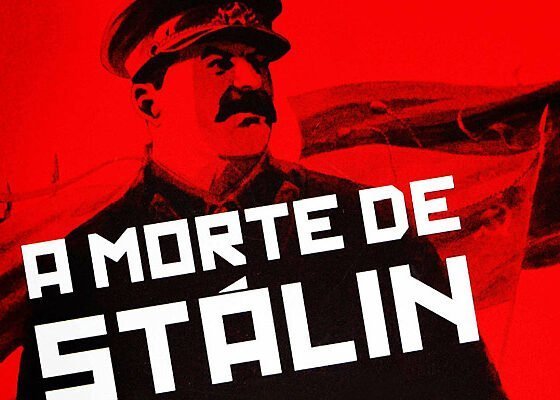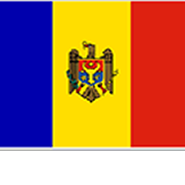(Mobilizing Ideas blog) With all due respect to Marshall McLuhan, he may have got it backwards. In Russia, at least, the message has become the medium.
By most measures, there has probably never been a worse time in the quarter century of Russia’s post-Soviet history to be a journalist. If there are fewer murders of journalists than there used to be – five since Vladimir Putin returned to the presidency in 2012, versus 36 between 2000 and 2011, according to the Committee to Protect Journalists – it is mostly because the point has been made. Despite Putin’s vaunted claims of a return to law and order after the turmoil of the 1990s, journalists who opposed the government or its powerful friends could still end up dead; that was as true for reporters like Anna Politkovskaya, who reported for the popular weekly Novaya Gazeta on abuses at the very highest levels of power until she was shot in her apartment building in 2006, as it was for editors like Mikhail Beketov, whose small-circulation Khimkinskaya Pravda stopped reporting on corrupt dealings in suburban highway construction after he died of injuries from a 2008 beating. For those who forgot, violence has never been very far away. Oleg Kashin was beaten to within an inch of his life for reporting on the activities of a regional governor in 2010 and now lives abroad; the crusading radio commentator Yulia Latynina fled the country in July, after her home and car were attacked and her elderly parents threatened. Lev Shlosberg soldiers on, after having been severely beaten in 2014 while investigating the unmarked graves of Russian servicemen returning from a secret war in eastern Ukraine. […]
Read More © Mobilizing Ideas blog











